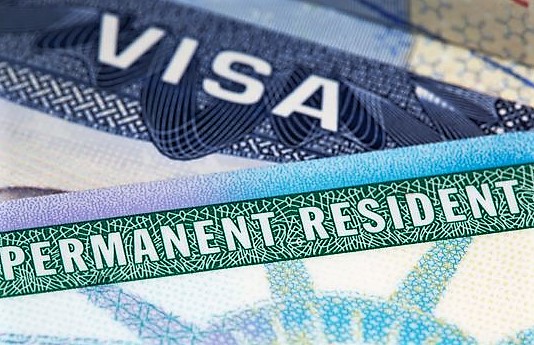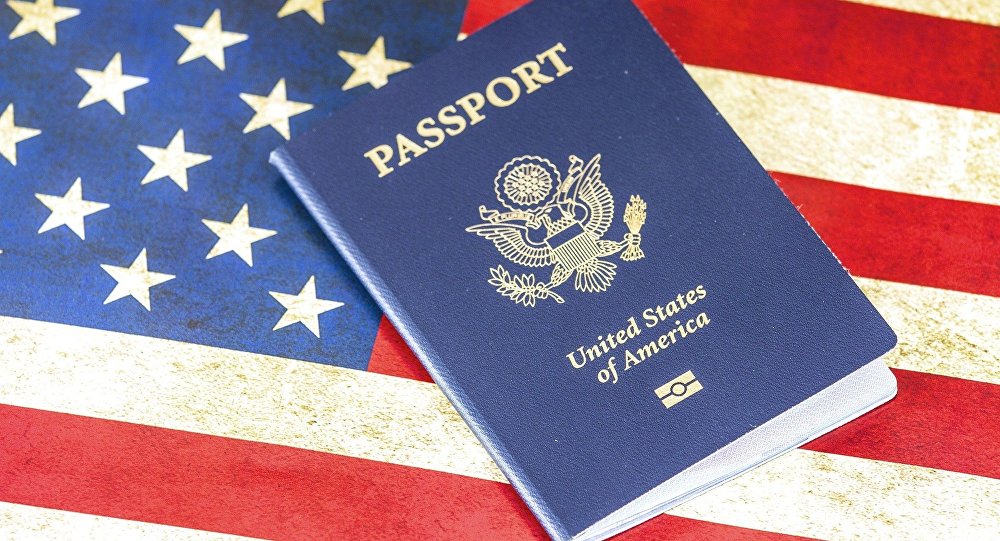When Does the Brazil Ban Start and How Long Will it Last?
The proclamation’s ban will go into effect at 11:59 PM Eastern Daylight Time (EDT) on May 28, 2020 remain in effect indefinitely until terminated by the President. Prior travel bans have now been in effect for several months and with no official end in sight.
Brazil joins the following countries that are already subject to similar COVID-19 travel bans: China; Iran; the European Schengen area: (Austria, Belgium, Czech Republic, Denmark, Estonia, Finland, France, Germany, Greece, Hungary, Iceland, Italy, Latvia, Liechtenstein, Lithuania, Luxembourg, Malta, Netherlands, Norway, Poland, Portugal, Slovakia, Slovenia, Spain, Sweden, Switzerland, Monaco, San Marino, Vatican City); the United Kingdom and the Republic of Ireland.
Who is Covered?
The new Brazil proclamation includes several important qualifiers and exemptions. It only extends to “aliens” (non-citizens of the United States), but it includes both immigrants (those coming to stay indefinitely) and nonimmigrants (those coming temporarily).
It bars entry for aliens who have been physically present in Brazil during the 14 days prior to attempting to enter the U.S. That means it does not just bar Brazilian citizens and it would not apply to Brazilian citizens attempting to enter the U.S. after spending two weeks in a non-barred country. In other words, an Indonesian coming to the U.S. from Brazil is barred, but a Brazilian coming directly to the U.S. after 14+ days in Indonesia is free to enter.
The new proclamation does not apply to the following classes:
Lawful permanent residents (aka green card holders), but it does apply to immigrants, meaning it should bar those seeking to enter on immigrant visas to become lawful permanent residents.
The spouse of a U.S. citizen or lawful permanent resident.
The parent or legal guardian of a U.S. citizen or lawful permanent resident as long as the U.S. citizen or lawful permanent resident is unmarried and under 21.
The sibling of a U.S. citizen or lawful permanent resident as long as the U.S. citizen or lawful permanent resident and the sibling are both unmarried and under 21.
The children, foster children, or wards of a U.S. citizen or lawful permanent resident a certain prospective adoptees.
Those invited by the U.S. government to fight the Corona virus.
Those traveling on certain crewman and transit nonimmigrant visas.
Nonimmigrants in most diplomatic statuses.
S. Armed Forces members and their spouses and children.
Those whose entry would not pose a “significant risk” of spreading the virus as determined by HHS and CDC.
Those whose entry would “further important law enforcement objectives” as determined by DOS, DHS, and DOJ.
Those whose entry would be in the U.S. national interest, as determined by DOS and DHS.
In addition, the proclamation should not affect any applicant for asylum and other related humanitarian relief such as Withholding of Removal or protections under the Convention Against Torture.












 RSS Feed
RSS Feed